Climate Education
Mexico Earth Day School contest draws hundreds of innovative projects
August 26, 2020
For Earth Day 2020, Earth Day Network Mexico and partners from Educación Ambiental Mundial held a contest in which thousands of students designed projects to make their schools more environmentally friendly and create opportunities for environmental education. Representing every state in the country and addressing environmental issues with a wide variety of solutions, these students show that even a pandemic cannot hinder environmental awareness and progress.
Many of the entries came from Hidalgo, a state in central Mexico with a dry climate and large indigenous population, including the first prize of the primary and secondary school category. The winners from Telebachillerato Comunitario Chapultepec de Pozos sought to respond to the limited supply of water around the school while protecting the natural resources of the region. For their project, students designed, implemented and administered a rainwater capture system to clean the school community and promote ecological awareness.
After building this system, the students became more conscious about the importance of caring for the environment and how to form solutions to other problems in their communities. Some even plan to conduct similar projects at home.
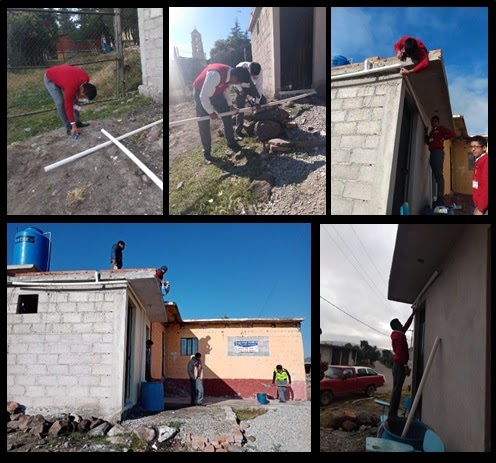
The second prize of the primary and secondary category from Plantel Num. 19 Colegio de Bachilleres de Tabasco took a nature-based approach to the contest. Students created an ethnobotanical garden, which is typically composed of culturally relevant native trees and understory plants that can be a source of traditional ecological knowledge. They planted medicinal plants, tropical flowers, heliconias and fruit trees common to the region, including Oreganon, Heliconia escarlata, Bastón de reina and Caimito.
Following the competition, they hope to apply their increased knowledge of medicinal plants, soil and composting to grow the garden and further incorporate environmental education into their school.
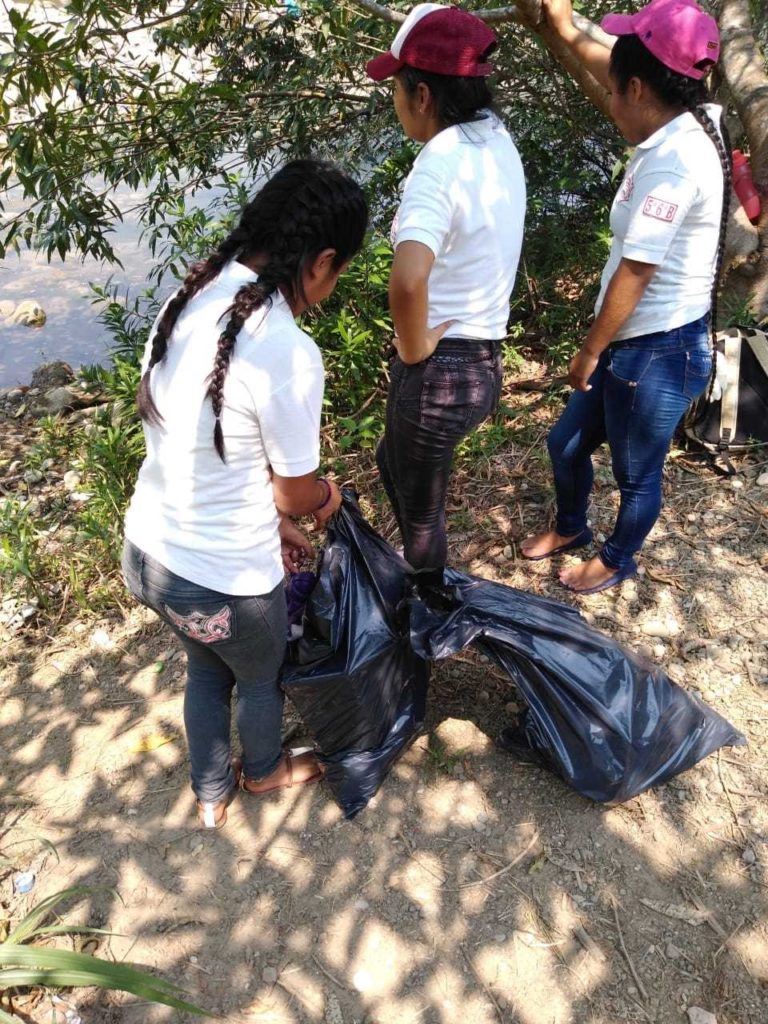
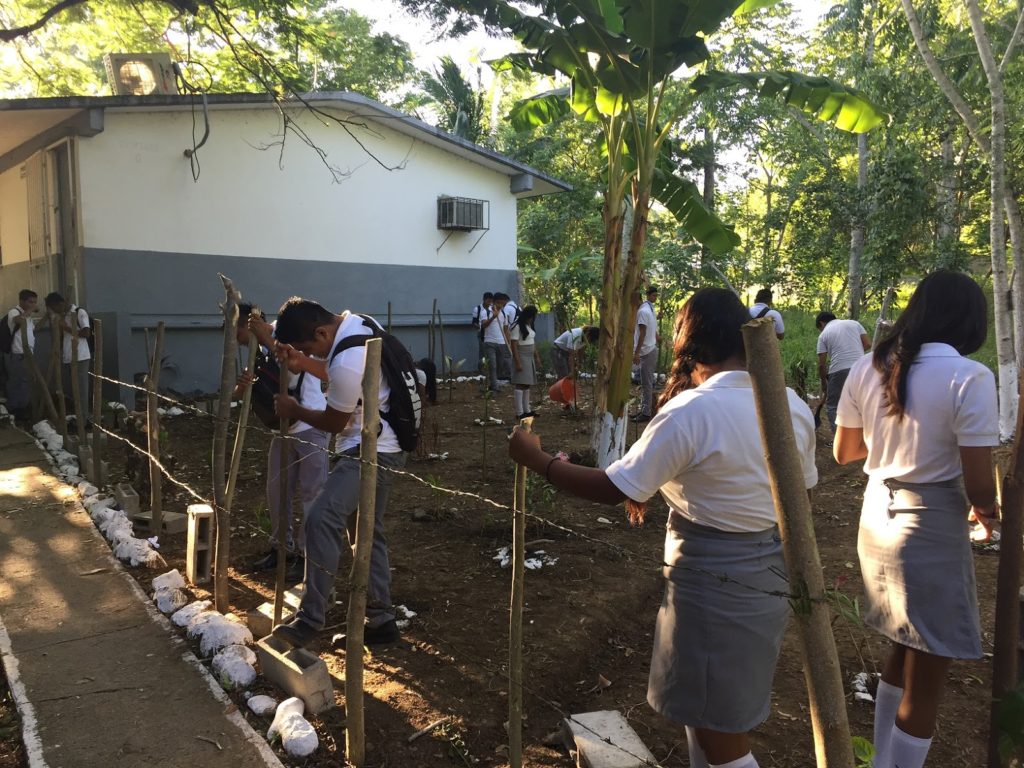
Motivated to improve waste management on their campus, the first prize of the university category created an environmental management system. The students of Escuela Normal de Aguascalientes began by instituting a school policy and holding training sessions on environmental protection. Next, they distributed bins to separate waste at school, taught lessons on reducing waste and conducted a treasure hunt for seeds to plant gardens.
Since these students are studying to become teachers, this project equipped them with the knowledge and skills to convey the importance of caring for the environment to future generations.
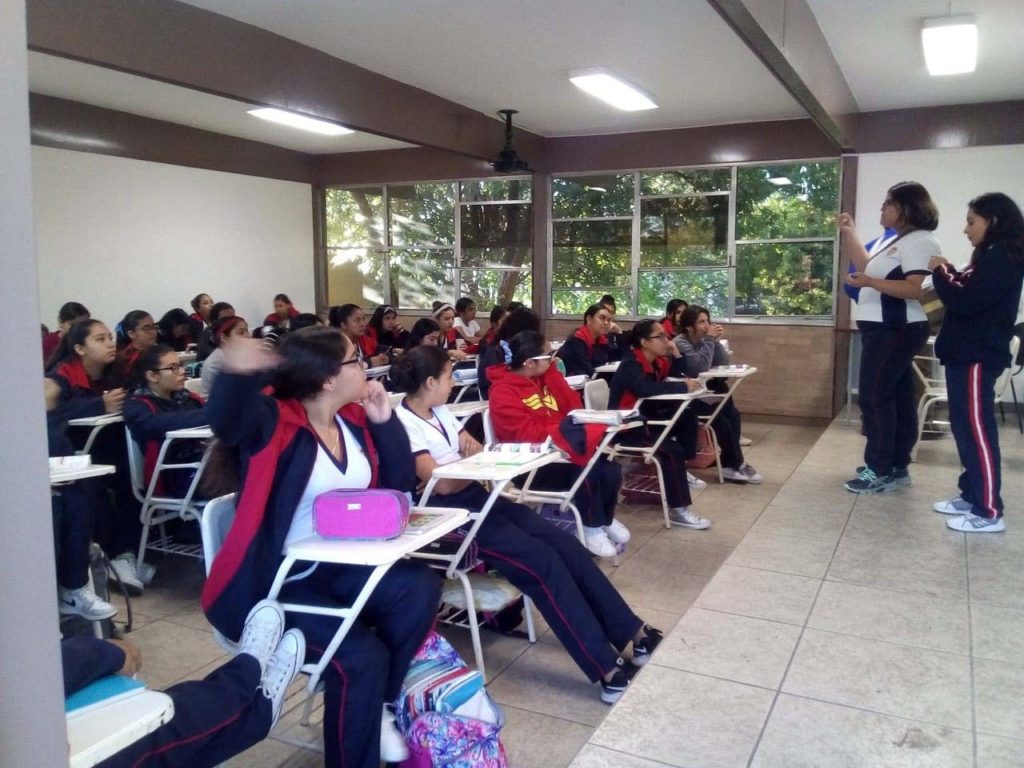
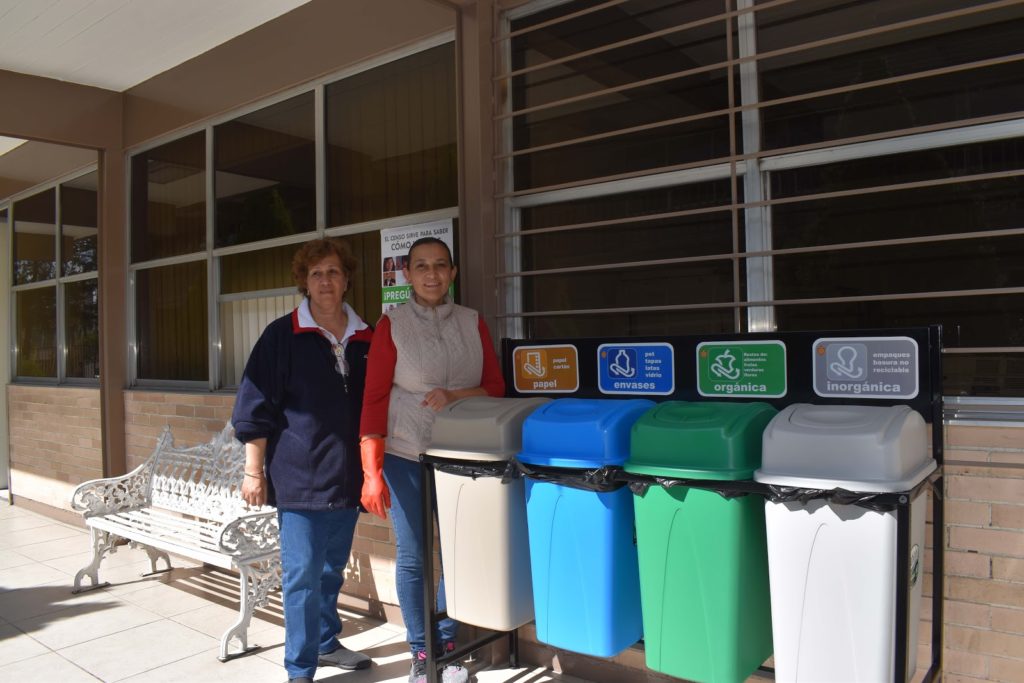
The second prize university winners of Escuela Normal Valle del Mezquital aimed to promote environmental stewardship within their school community. Referring to their initiative as “Guardians for the Planet,” students investigated and eradicated diseases affecting nearby trees, planted 80 saplings and designed campaigns to inform about the issues of single-use plastic and how to protect endangered species.
Although students continued this project at home due to COVID, they reported a 90% reduction in their households’ use of single-use plastic. As the entire class is also studying to be teachers for indigenous communities, the lessons gained from this project will have a multiplying effect to cultivate future environmental stewards.
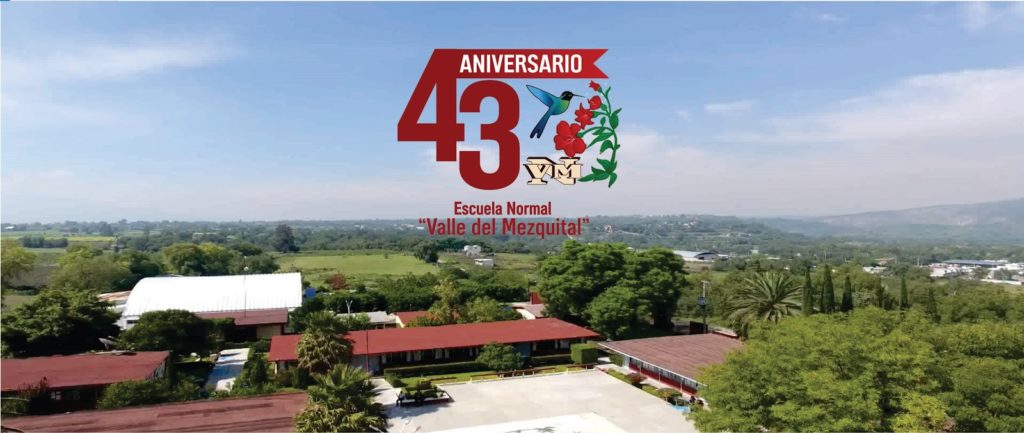
In addition to winners from three primary and secondary schools and three universities, the contest designated 24 special mentions. One of these honors came from Universidad Politécnica de Francisco I Madero, an agricultural school in Hidalgo that rescued and managed bee populations by creating safe habitats and planting sunflowers.


These schools are not only preparing their students to be environmentally literate, but also setting an example for others to follow. This contest is part of a greater initiative to make environmental education mandatory throughout Mexico; the Mexican government recently amended its constitution and is working on a national strategy for environmental education. As schools in Mexico resume distance learning this week, Earth Day Network is lobbying to ensure that environmental education is formally embedded into all curriculums.
Mexico is making large strides for environmental education, but in order to equip a global citizenry with the knowledge and skills needed to build a better future, every country must follow suit. Sign up as an Earth Day School and check out EDN’s Environmental Education campaign to join us.
Photo credit for image at top: Plantel Num. 19 Colegio de Bachilleres de Tabasco
